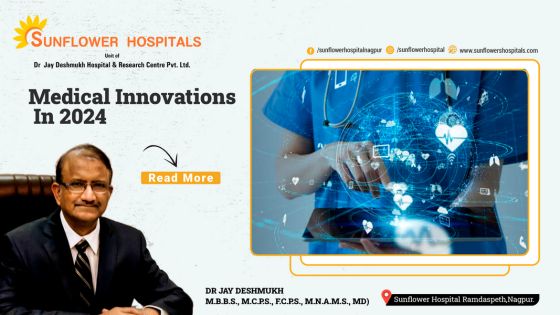Any innovative 1 vaccine that can reduce the burden of malaria in our country?
Many successful trials have been conducted with the Malaria vaccine. This new vaccine is likely to reduce the burden of Malaria and its transmission in areas where malaria is very common. It is quite likely that Malaria may be less common in many parts of the world in years to come because of this innovation.
What is home as a healthcare hub?
This strategy promotes our own home as a healthcare hub. With electronic devices and remote transmission of our health data, many remedies can be used for patient care at low cost and speedy implementation. This promotes patient health care and remote monitoring. In our country, simple digital blood pressure and blood sugar estimates have lead to a significant improvement in our ability to control these conditions. Video consultation with your doctor for follow-up care also promotes a better understanding of your illness and still better outcomes, without visiting your doctor.
Artificial intelligence-powered medical devices?
Artificial intelligence has been increasingly integrated with diagnostic processes like MRI or CT scans. This enhances the accuracy and efficiency of these diagnostic devices. This helps for early diagnosis and treatment.
Are there noninvasive blood glucose monitoring wearables?
These devices provide continuous monitoring of blood glucose, improving diabetes management and patient comfort. They also allow individuals with diabetes to track their blood sugar levels without the need for fingerpick tests. These non-invasive glucose monitoring wearables have led to a better understanding of your glucose and finally better outcomes in diabetes care.
Is there gene therapy for blindness?
Retina’s own stem cells can be used to repair and regenerate damaged photoreceptors, potentially reversing certain forms of blindness. Scientists from Australia claim that a single eye injection can be a game changer and aims to treat conditions like retinitis pigmentosa and age-related macular degeneration.
What about advanced prosthetics and rehabilitation technologies?
The unfortunate war between Israel and Hamas has accelerated medical advancements, particularly in rehabilitative technologies. 3 D printed prosthetics, surgical robots, and AI-driven mental health devices have helped many injured soldiers. These technologies are transforming recovery outcomes and hold potential applications beyond the battlefield.
Is there a bio-electronic technology for paralysis?
Scientists in New York have developed a bioelectric technology that helps paralyzed patients regain sensation and allows them to move their limbs. This is a notable success for a paralyzed patient, who can move his limbs and feel the touch. This technology stores the body’s electric signals enabling paralysed patients to regain movement and sensations.
What are portable Hemodialysis devices?
This has become more convenient for patients of kidney failure to receive treatment outside traditional clinical settings. These devices have certainly improved the quality of lives of kidney failure patients, as it affords greater convenience.
Can there be AI integration in Medical devices?
Certain technological companies such as Apple and Google have integrated certain healthcare monitoring devices into Consumer devices. These basically involve sleep apnoea detection and treatment, hearing aid facilities, and many more. These help to improve personal health monitoring and result in better patient care and compliance
Author: Dr Jay Deshmukh
Dr Jay Deshmukh is Chief Physician and Director, Sunflower Hospital, Nagpur Honorary Physician to Honorable Governor of Maharashtra and PondicherryCentral. Dr Jay Deshmukh is an M.B.B.S., M.C.P.S., F.C.P.S., M.N.A.M.S., MD From Internal Medicine – Bombay and New Delhi.


